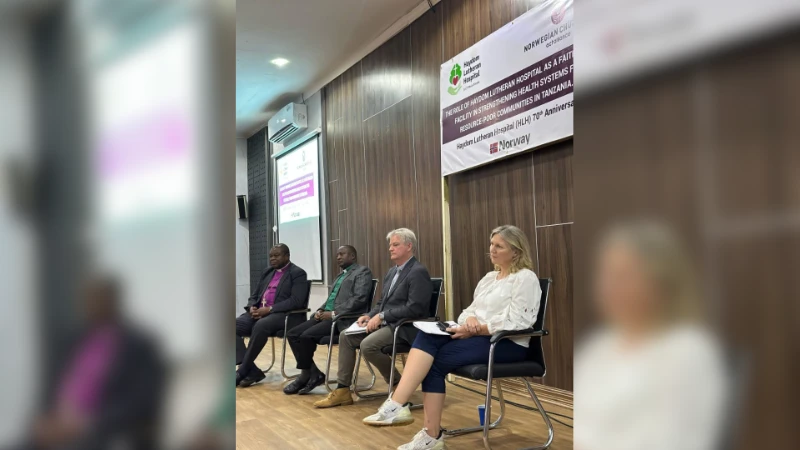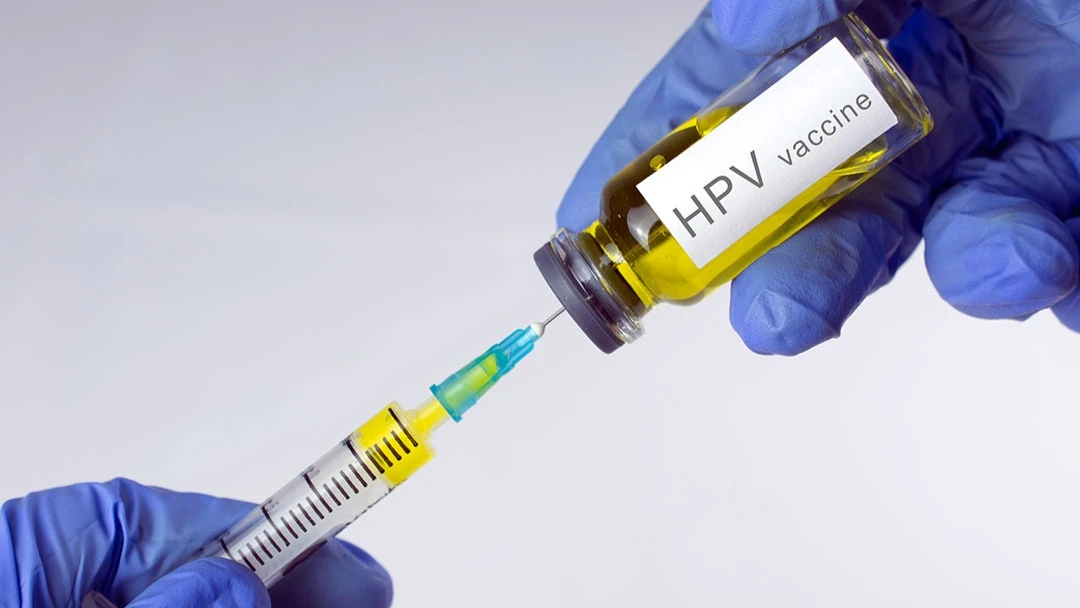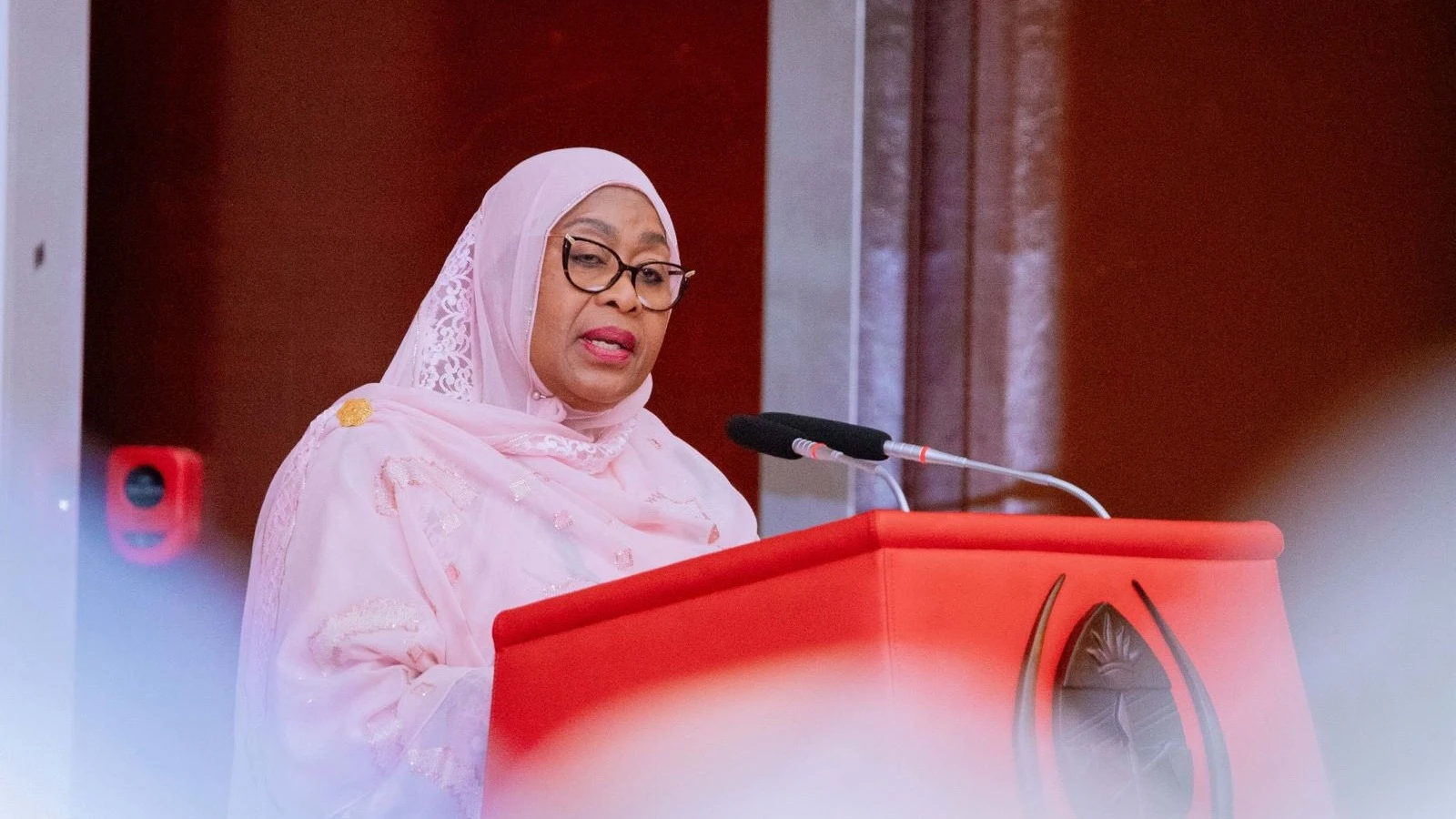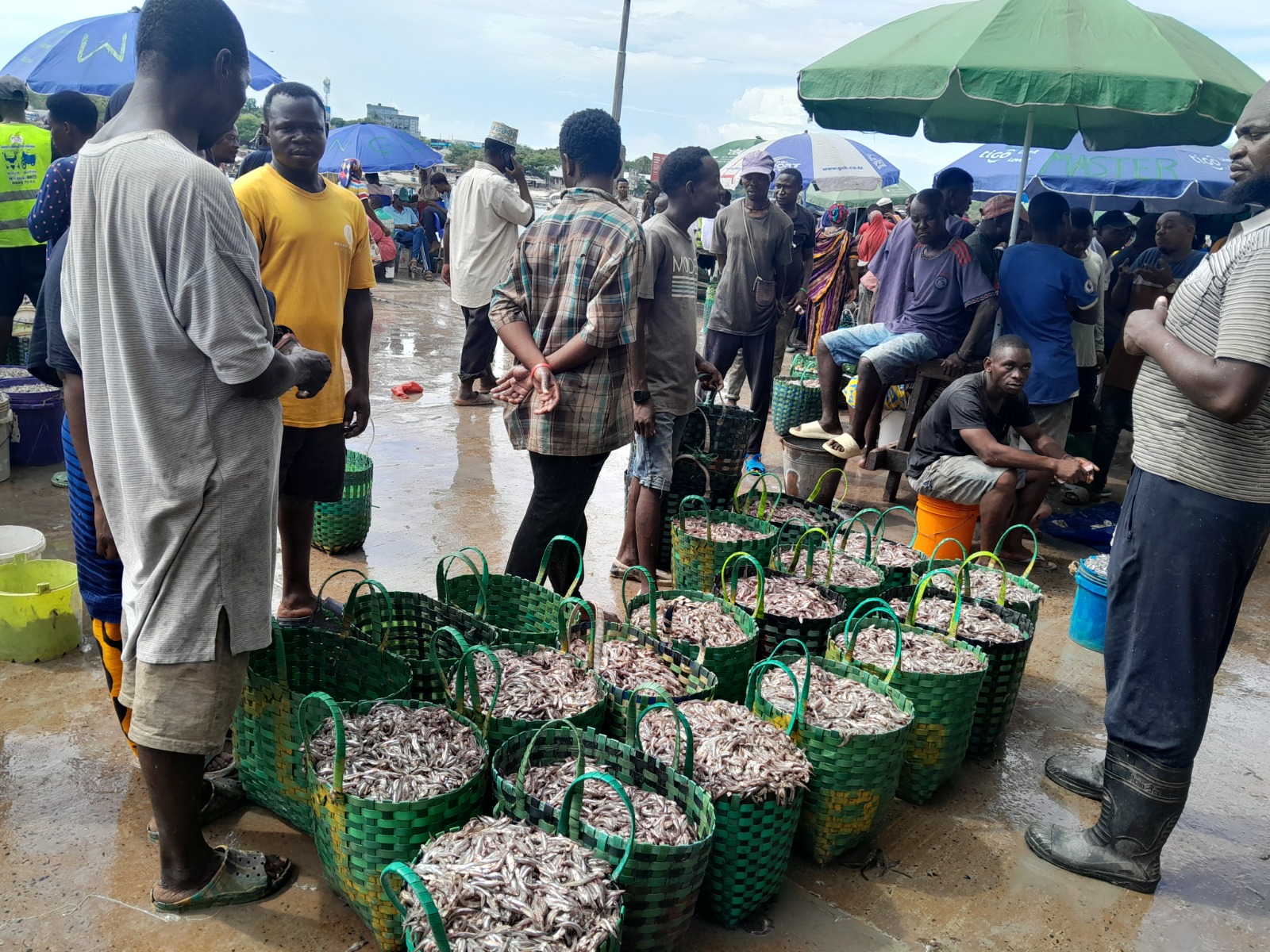‘Infertility risk likely in halting menstruation using heroin’
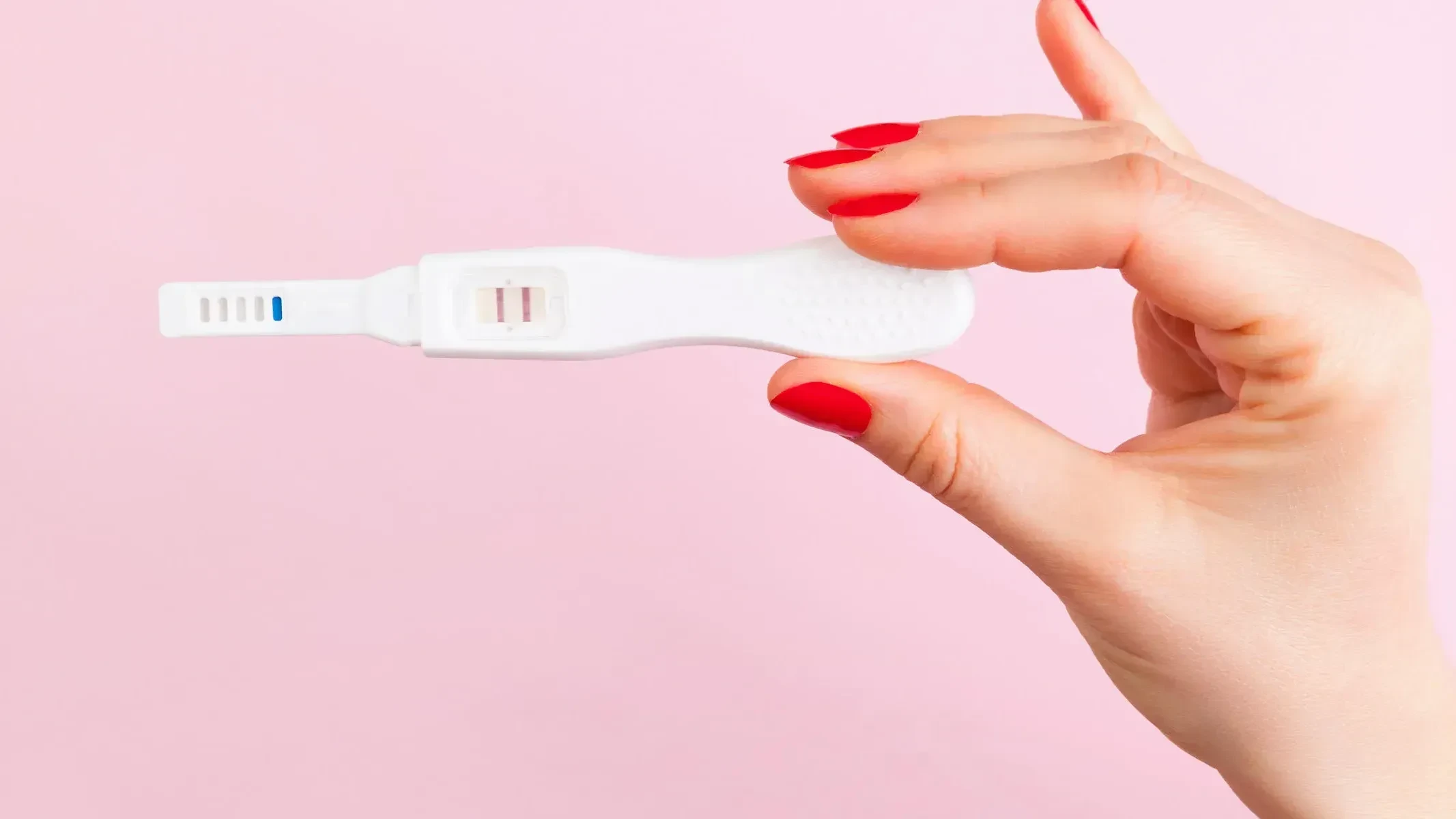
WOMEN need to stop using drugs like cannabis, cocaine and heroin to suppress menstruation as it poses serious health risks including hormonal imbalances and infertility.
Upendo Chenya, principal pharmacist at the Drug Control and Enforcement Authority (DCEA), said at a national dialogue in Dar es Salaam over the weekend that a growing number of women turn to drugs as a method of halting menstruation.
It is a practice that could have long-lasting and harmful consequences for their reproductive health, she said at the meeting meant to discuss how gender-supportive services can accelerate menstrual health and hygiene.
The meeting organised by Msichana Initiative in collaboration with various partners heard that drug use can severely disrupt the production of the hormones, leading to irregular or even absent menstrual cycles, making it difficult for women to conceive.
The substances directly interfere with the reproductive system and can disrupt hormonal balance, as some women, particularly those exposed to sex work, resort to using these drugs to suppress menstruation.
“This is incredibly dangerous and puts their entire reproductive health at risk,” the DCEA expert stressed, citing other reasons that push women to drugs as chronic pains, mental illness and trauma.
The anti-drugs agency was pursuing educational campaign especially to reach out to risky groups to grasp the health risks associated with drug use, in the dialogue which examined financial burdens hindering many girls from accessing sanitary pads, thus resort to unsafe alternatives..
Elizabeth Mollel, a pupil at Emanyata secondary school in Arusha, shared the struggles of many girls who cannot afford sanitary products, often leading them to engage in risky behaviour to fund their menstrual needs.
“A package of sanitary pads can cost up to 3000/-, which is simply unaffordable for many girls, particularly those from low-income households. The lack of access leads some girls to make dangerous decisions, including entering relationships at a young age just to secure money for pads,” she said.
The dialogue also stressed availing safe spaces in schools for girls to manage their menstruation with dignity, with Neng’ambo Thomas, an activist with the Pastoral Women’s Council (PWC) argued for reinstating exemption on value added tax (VAT) for sanitary pads.
Gender-responsive policies to ensure menstrual health and hygiene services need to be accessible to all girls, she said, pointing at the need for affordable menstrual materials along with water, sanitation and hygiene services.
Rebecca Gyumi, the Msichana Initiative executive director, said that sanitary pads be cited as part of essential medicines, to remove the burden that girls carry, vowing to further amplify girls’ voices for greater attention to menstrual health issues in policy and education.
“The issue is central to the well-being of girls and the future of our nation,” she declared, asserting that the economic impact of inadequate menstrual hygiene management is profound.
“Poor hygiene facilities within schools lead to lower school attendance and performance among girls, impacting their education and future job prospects. This perpetuates a cycle of poverty and reduced economic participation, exacerbating gender inequalities and impeding national economic development,” she further stated.
Gerald Kihwele, the Health ministry coordinator for gender and adolescent health, said that the government implements various initiatives to improve water, sanitation and hygiene (WASH) services in schools.
This also helps to ensure that children remain safe and clean even during their menstrual periods, he added.
Top Headlines
© 2025 IPPMEDIA.COM. ALL RIGHTS RESERVED










